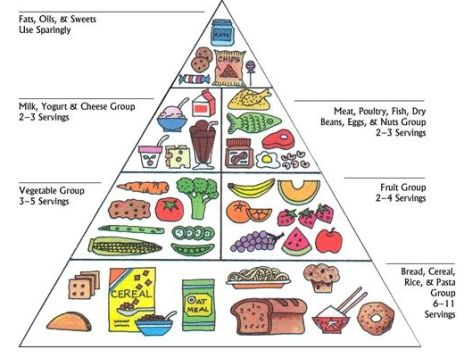A lot of people make fun of New Year’s Resolutions, in part because so many people make the same resolution every year—lose a certain number of pounds—and then forget about it.
But I’ve had a fair amount of success with New Year’s resolutions, and today I want to share a few of the habits that work for me.
You’ll notice I used the word habits.
That’s key.
New Year’s resolutions tend to involve changing old habits, and to do that you’ve got to cultivate new habits, one of which is taking New Year’s resolutions seriously by making them a focus of your time.
Here’s what works for me.
Since 2003, I’ve kept a file on my computer titled Resolutions.
Every year, I make three resolutions and write them down.
Historically, half of these resolutions have been about personal health. Generally these have involved losing weight, eating more healthily, exercising more and reducing lower back pain—pretty common stuff.
One-fourth of the resolutions have been about my business. Generally these have involved managing people better.
And the remaining fourth has been fairly evenly distributed among the categories of personal relationships, leisure activities and personal finances.
As the year goes on, I look at these resolutions frequently. I never give up on any of them during the year. And when the year is over, I record whether I’ve succeeded or not.
My long-term success rate with these resolutions over the past 14 years has been 59%, which is high enough to make me feel like the habit is worth continuing.
Furthermore, I’ve never had a year where I didn’t achieve at least one resolution.
Obviously, choosing the right resolutions is half the challenge.
If I had chosen resolutions that were too easy, I could have had a 100% success record, but I might not have achieved important change.
And if I had chosen resolutions that were too difficult, I might have had a 0% success rate and become discouraged.
In short, by choosing resolutions that are just difficult enough, I not only feel good about achieving my resolutions, I also achieve some lasting change that has real value.
[text_ad use_post='129620']
What the Experts Say
Experts will tell you that sharing your goals with people close to you will improve your chances of success, and for most people that’s true. Most people benefit from having a partner who can help them stay the course—reminding them, for example, that they should choose the salad over the french fries.
In my case, my wife has been a great help as we’ve adjusted our eating habits together over the years. Not that I’ve ever been close to fat; I’ve always been slim. But if I hadn’t reduced calorie consumption in some way over the years, I’d be carrying around a substantial spare tire. Also, when it comes to food, what the people around you are eating is a huge influence on what you’re going to eat. So having a spouse who’s also eating carefully is a huge benefit.
It also helps that I am rather good at following rules, particularly rules that I make for myself. And when you follow a rule often enough, it becomes a habit! For example, for years I had a rule that I would only eat one french fry when people shared, and I followed it easily—perhaps obsessively. I’m over that rule now, but I do have a bunch of other eating rules that help me keep my weight in the ideal zone.
My One Overarching Diet Rule
In recent decades, we’ve been bombarded with so much conflicting diet advice that it’s hard to trust anyone.
The outsize influence of Big Food was one reason carbs were so big in the original food pyramid.
And the outsize influence of Big Medicine—working to peddle their cholesterol-fighting drugs—was one reason fats were blacklisted in the 1990s.
And the simple fact that our knowledge of how the body works is still evolving means we can never be wholly certain that what we “know” today won’t be proved wrong tomorrow.
Nevertheless, many years ago, I formulated one diet rule that stands above all the others, and it’s this.
“Always try to make the best choice possible.”
Today, for me, that means eating more fruits and vegetables and nuts and fish and whole grains, and less sugar and processed food and meat.
It also means eating less in general, eating slower, and drinking more water.
But it still allows me to eat a piece of my wife’s delicious chocolate cake from time to time—because sometimes that’s the best choice possible!
Making Your Own New Year’s Resolutions
Summing up, when it comes to making your own New Year’s resolutions, I suggest these five simple guidelines.
• Set realistic goals.
• Write them down.
• Share them.
• Never give up.
• At year-end, take note of your successes and failures.
And repeat the process every year. As with everything in life, you will improve with practice as you learn from your mistakes.
So, best wishes for a 2017 in which at least one of your resolutions is achieved!

